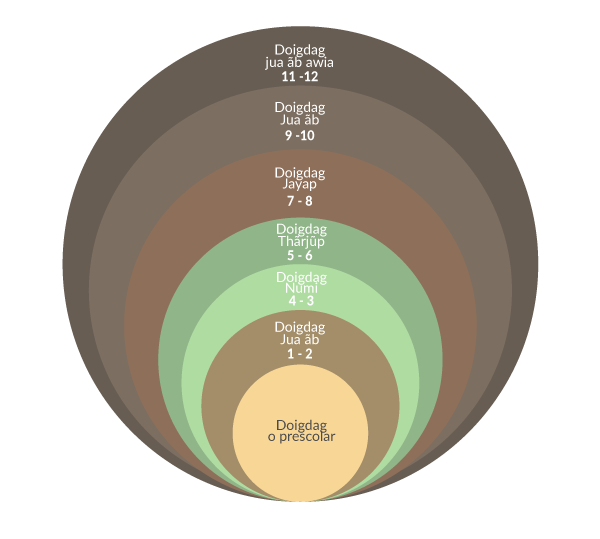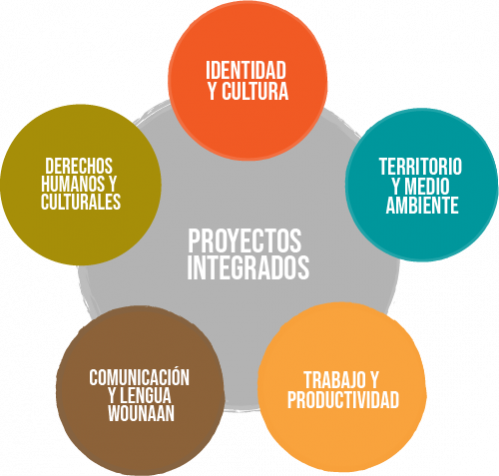To be able to write an essay on campus, student english grammatical errors onlines will need to possess certain formal understanding about the style of the essay that they will need to compose. To write a composition on campus, a candidate needs to have the ability to distinguish between formal and informal argumentative style, have knowledge about the thesis statement, as a way to express their purpose with rigor and clarity. Pupils also need to have good grammatical and spelling abilities. Essay writing is usually done in one of two ways; either essay will be constructed as a private opinion essay or the pupil will write out of a thesis statement. The essay that is composed from a thesis statement has more requirements to meet; hence the candidate should possess good analytical skills to ascertain the right method to use.
Many pupils lack the qualitative knowledge to compose an essay from a thesis statement. To begin with, the topic of the thesis statement should be associated with the main points of this essay. Topics such as history, politics, philosophy, health, and biology are good to choose from. Topics shouldn’t be selected randomly since the subjects selected for the essay may not relate to the main factors ; however, the choice should be determined by the research.
After selecting a topic, the candidate must read through the literature to obtain insight about what sorts of statements are approved in academic writing. It is best if the student reads a huge array of sources as to test his or her capacity to analyze information and choose a thesis statement that has solid logic. The main points of a thesis statement must support the thesis statement. The candidate should also browse through the journal posts and other written work to check if the study has been correctly presented in the paper.
A final important task in article writing will be to review all of the written work before submitting it for feedback. The candidate should compare each written document with the sample documents from the source box. The gap in the papers should demonstrate the improvement the candidate has made in the areas mentioned. Assessing all of the files will help the candidate develop his or her own personality in writing.
Writing an essay can be time-consuming and frustrating especially when the candidate does not have a background in essay writing. Even though it is not easy, it’s important for the candidate to keep in mind that writing an essay reflects the heart of a candidate’s academic career. If the candidate has completed enough research and understands the subject, essay writing is simple. Otherwise, the process can be frustrating. To make essay writing easier, there are particular tips that should be followed.
The article ought to be researched to prevent plagiarism. The essay should be written in a concise and clear manner. The use of footnotes and author names when spell check website required should also be avoided. The usage of technical terms must be avoided. The grammar and spelling of the paper ought to be correct and free of errors.





